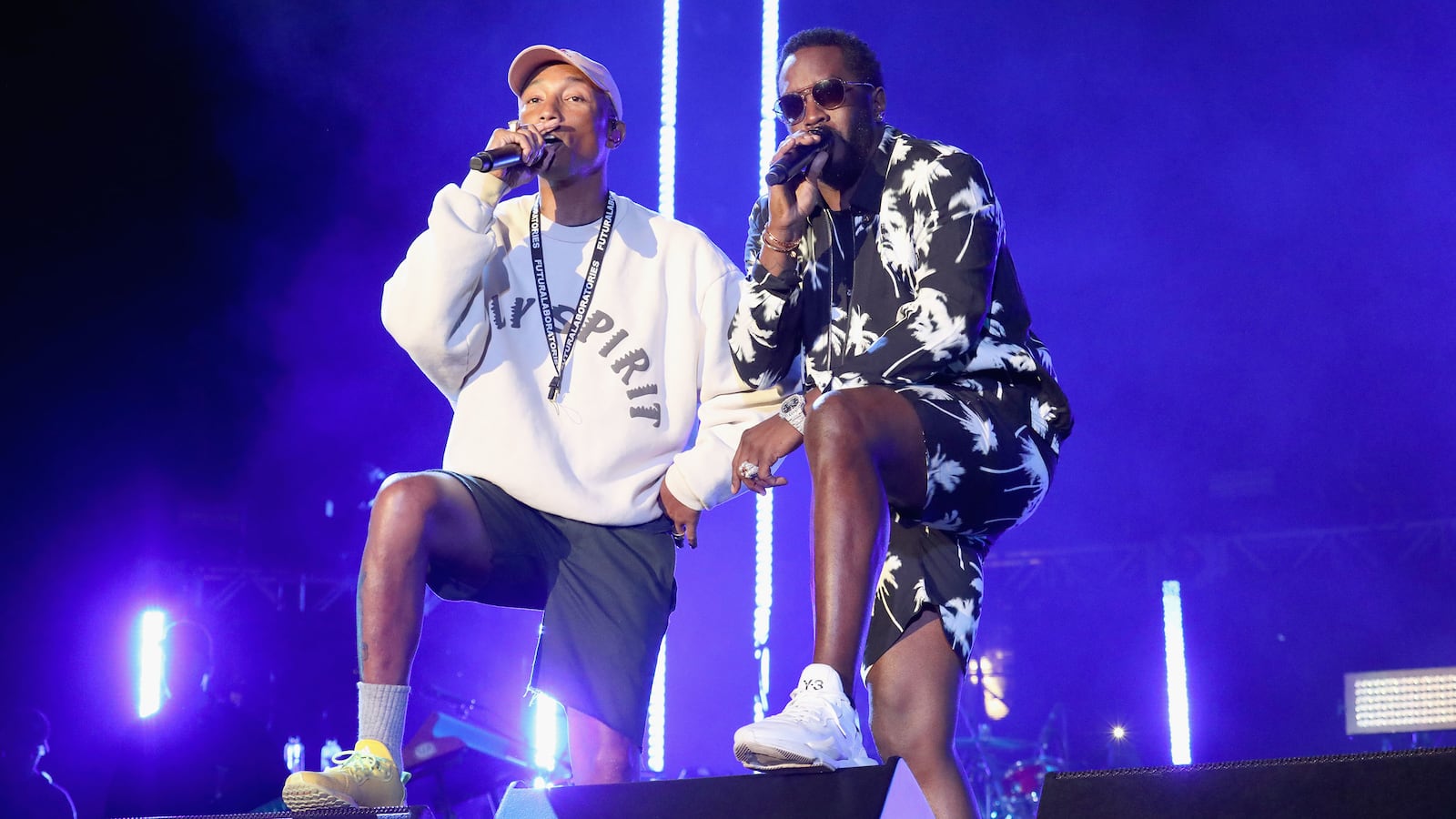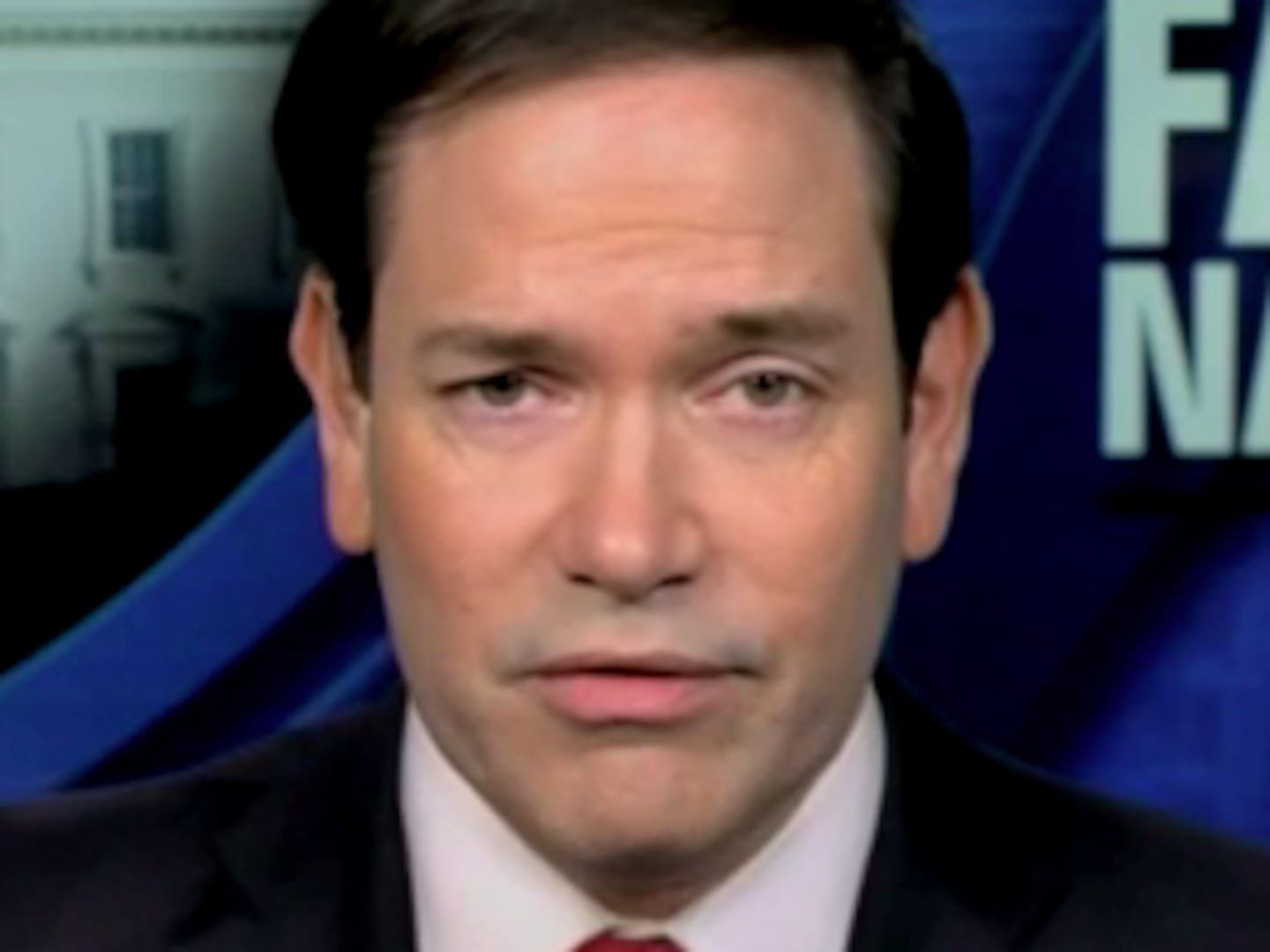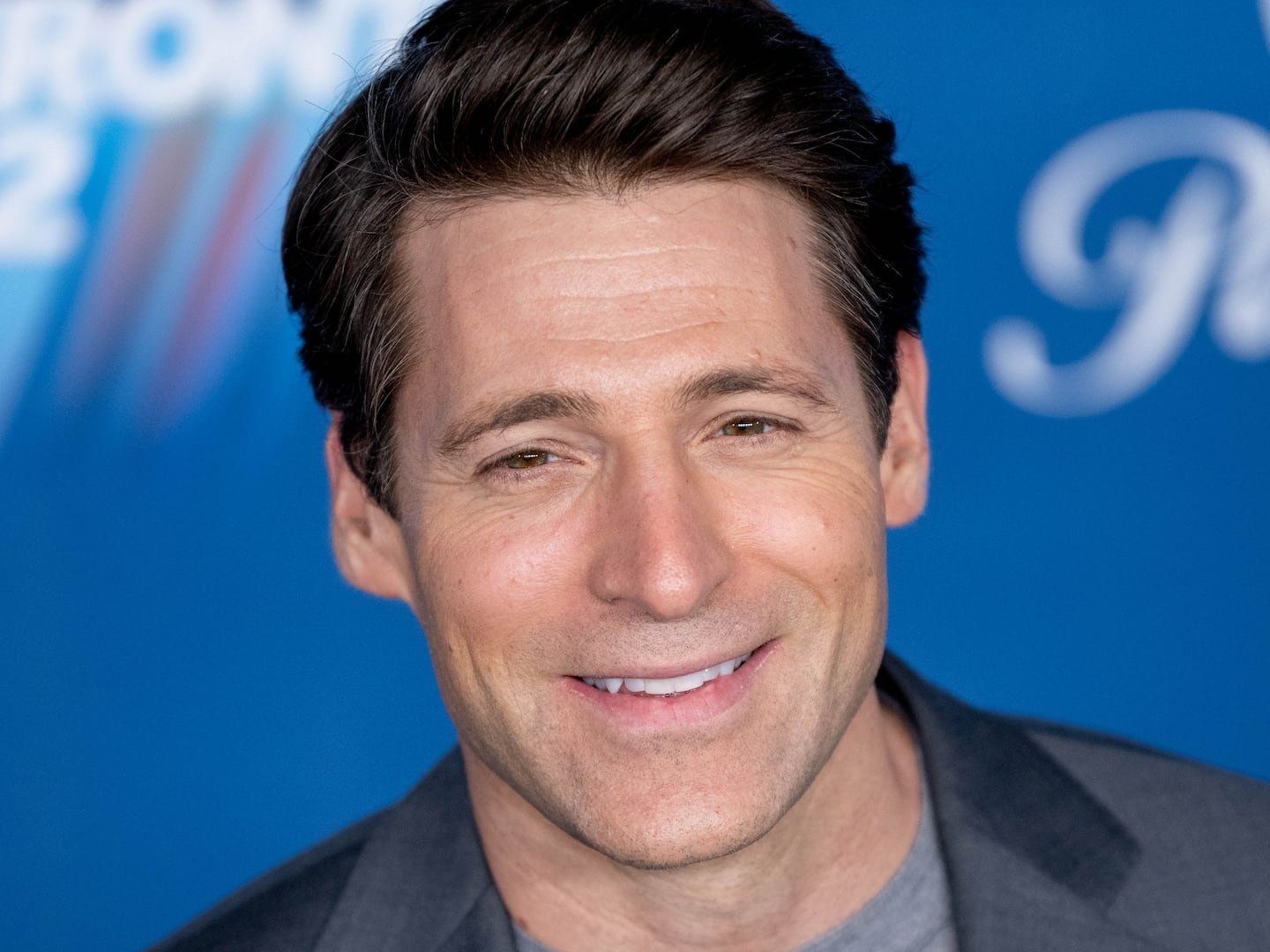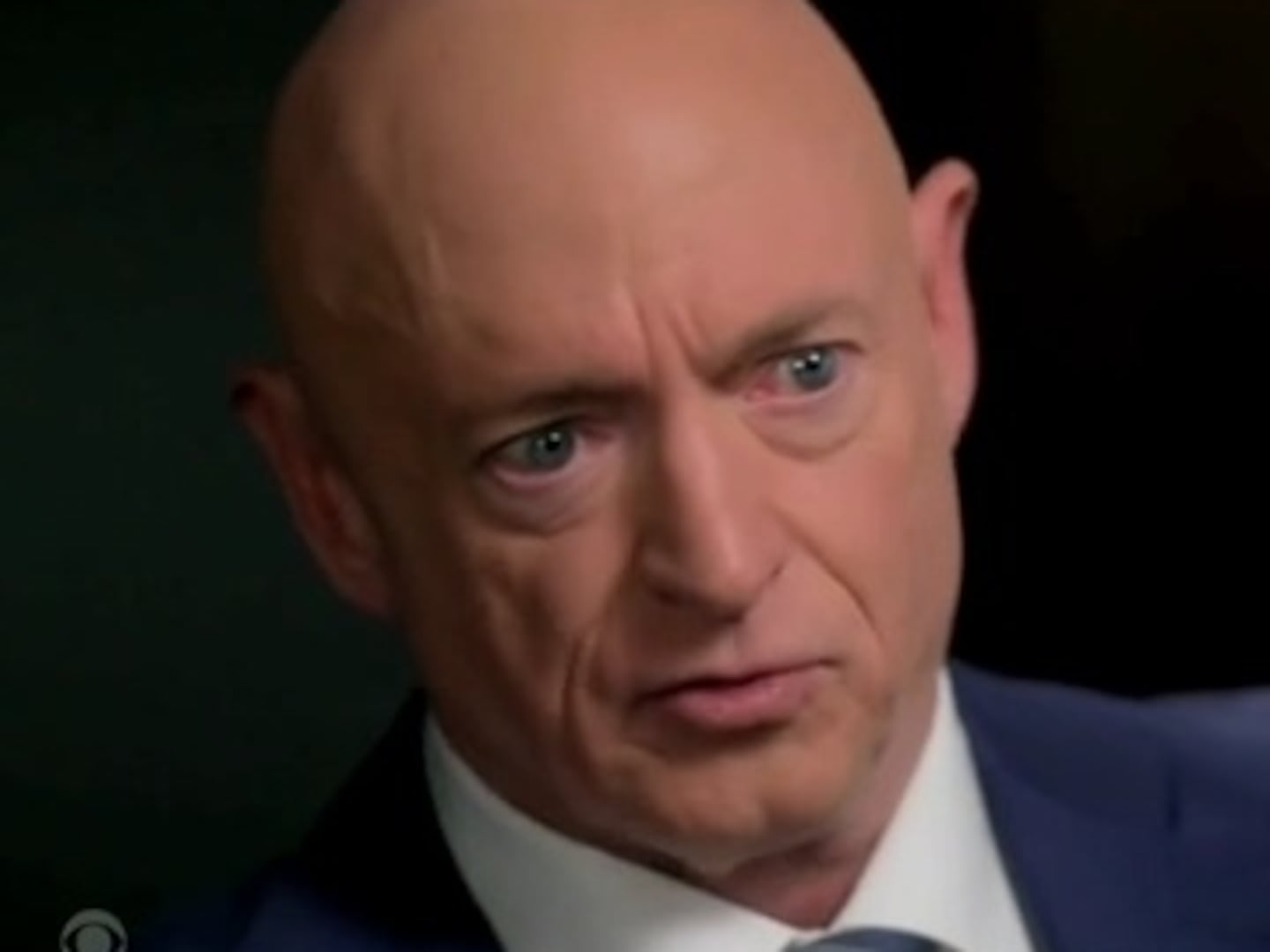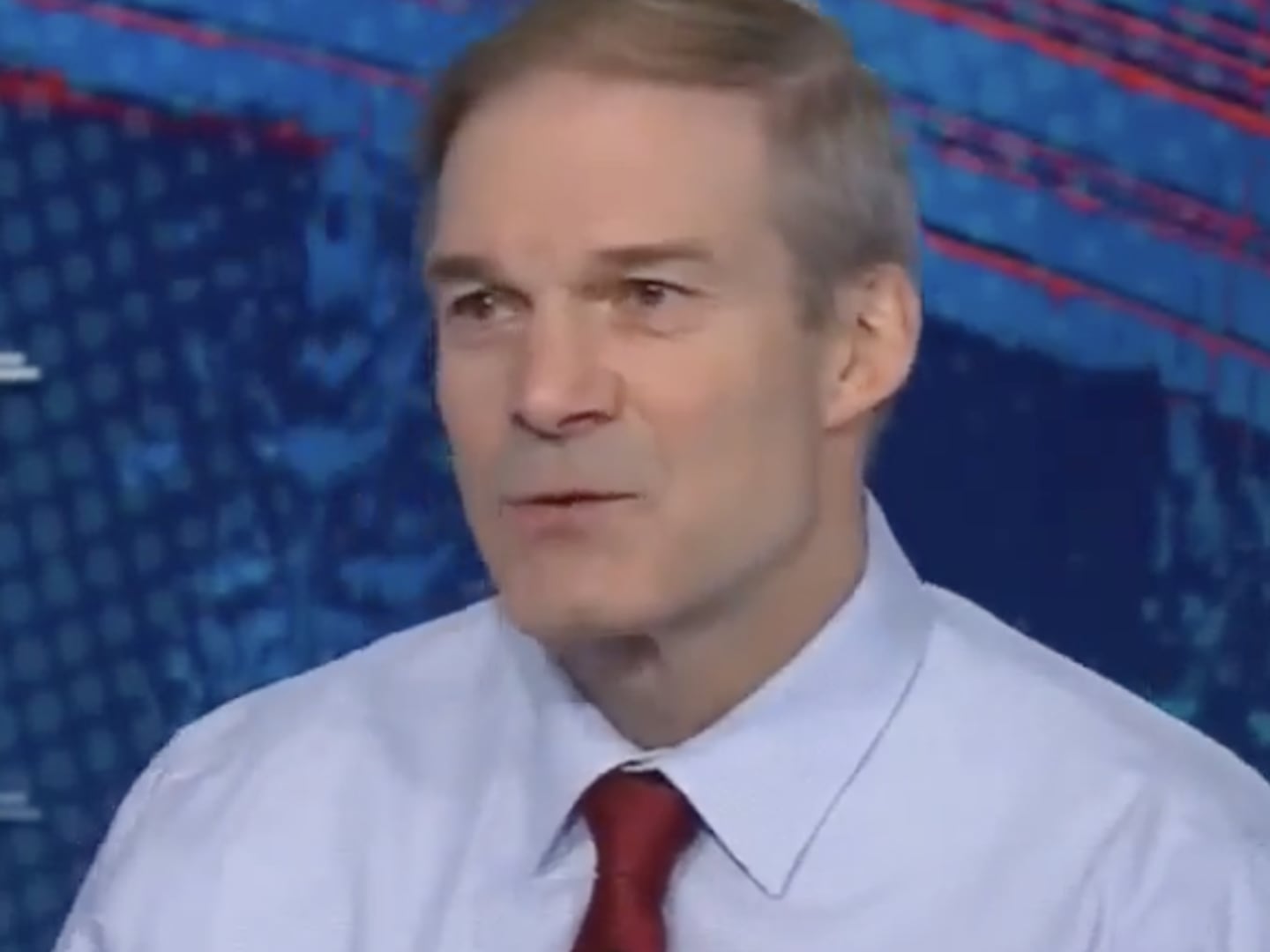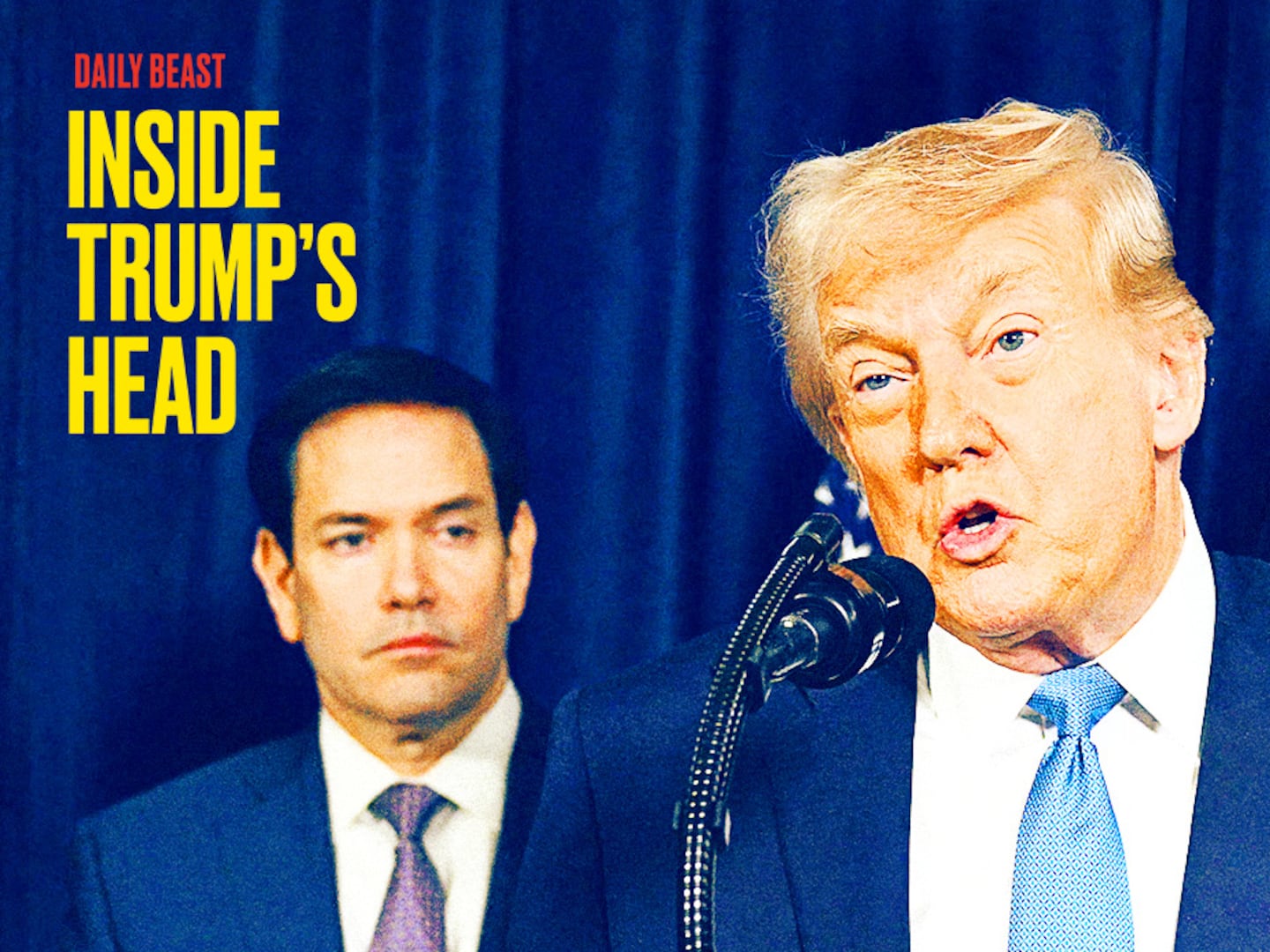It should come as no surprise that black billionaires in the music industry have been accused of pillaging new talent to line their pockets. But the industry’s latest issues of identity politics have been cultivated to mystify the true nature of these alleged exploiters rather than support all the black musicians trying to make their way. This week, artists Kelis and Mase—whose early success was each met with a mysterious fade from the mainstream—finally told their truth about the exploitation they allegedly faced under two of the industry’s most successful black men, Pharrell and Diddy.
At last weekend’s Grammys, Diddy, a near-billionaire, spoke pointedly about how the artists themselves should take control of the industry. As successful producers and businessmen, both have previously been embroiled in controversy about their business dealings and artistic control. In 2005, Diddy came under fire when Jadakiss went on Hot 97 to complain that Diddy was holding his publishing rights hostage (the two resolved the issue with Diddy giving back the rights). And more recently, Pharrell lost a lawsuit to Marvin Gaye’s estate, which came after him for the similarities between his production for Robin Thicke’s “Blurred Lines” and Gaye’s “Gotta Give It Up.” (Music critics and fans alike are divided on whether the suit sets a dangerous precedent that punishes inspiration, or whether it calls out obvious plagiarism that, once you’ve compared the songs, is nearly impossible to un-hear.)
But it seems that this time around, the controversies are embedded even deeper in histories both within and beyond the industry, personal and collective. Kelis, best known for her 2004 hit “Milkshake,” is an alternative hip-hop artist who, along with Macy Gray, was among the first major black female talents to defy easy categorization by the mainstream. In a profile for the Guardian, Kelis told journalist Hadley Freeman that the sales from her first two albums—produced when she was a teenager by her friends Pharrell Williams and Chad Hugo of The Neptunes—were supposed to be split equally amongst the three. Instead, Kelis says, Pharrell and Hugo walked away with the publishing rights and she with nothing. “Yeah, I signed what I was told,” Kelis admits. But since she trusted her friends, who she met outside of the industry, she says, “I was too young and too stupid to double-check it.” The relationship between the three soured after Kelis brought on not only them, but several other producers, to work on her third album. Freeman explains:
<p>But she has seen Pharrell. A few years back, he was performing at an industry event and she was in the audience. “And he did that thing to me that he’s notorious for, which is making a nod from the stage [to someone in the audience], so it seems like there’s mutual respect, when in reality …” She throws her head back and laughs. “I’m like, OK, I’m not going to yell back: ‘You stole all my publishing!’ So you end up nodding back and everyone thinks everything’s great. Like, whatever.”</p>
That interaction demonstrates precisely how rich black businessmen like Pharrell and Diddy are able to preach about black excellence and artists challenging the industry establishment while they are accused of exploiting the young black artists they work with: They keep up appearances. When they go on stage at the Grammys to talk about artist control or black excellence, or nod down from the stage at the friends they’ve sold out, it is of course not to galvanize the workers in their industry, but to uphold their lucrative brands. (Representatives for Diddy and Pharrell did not immediately respond to The Daily Beast’s request for comment.)
Mase is best known for his opening bars in the Notorious B.I.G.’s “Mo’ Money Mo’ Problems,” and, to many hip-hop fans’ disappointment, left the industry in 1999 to focus on religion. His issues with Diddy and the Badboy record label have been documented, but in a recent Instagram post, Mase revealed his continued struggles with the mogul (sic throughout):
<p>I heard your #Grammy speech about how u are now for the artist and about how the artist must take back control. So I will be the first to take that initiative. Also, before we ask of other ethnicities to do us right we should do us as black people better. Especially the creators. I heard u loud and clear when u said that u are now for the artist and to that my response is if u want to see change you can make a change today by starting with yourself. Your past business practices [have] knowingly continued, [you have] purpose[fully] starved your artist[s] and been extremely unfair to the very same artist that helped you obtain that Icon Award on the iconic Badboy label. For example, u still got my publishing from 24 years ago [for] which u gave me $20k. Which makes me never want to work w/ u as any artist wouldn’t after u know someone is robbing you [and] tarnishing your name when u don’t want to comply w/ his horrendous business model. However, people would always ask[,] what’s up w/ Mase? So I would be forced to still perform to not look crazy when I was getting peanuts and the robbery would continue. </p>
Mase goes on to explain that he continued not to say anything to Diddy because he wanted to wait until he was in a strong financial place so that he didn’t seem like he was addressing the issue “out of spite.” According to Mase, “just a few days ago” he offered Diddy $2 million for the publishing rights Diddy paid $20,000 for, but Diddy said that Mase would need to match what a European bidder was offering in order to get his publishing rights back. Otherwise, Mase will have to wait until the rights revert back to him in eight years.
In the lyrics to “Ride or Die,” of his 1998 album Vol. 2...Hard Knock Life, billionaire Jay-Z quips about Mase, “I bruise wack rap niggas, severely punish them / Especially those that get fucked for they publishing / Always gotta be the weakest nigga out the crew / I probably make more money off your album than you.”
Diddy and Jay-Z recently attended the pre-Grammy Roc Nation brunch together, where Kevin Hart toasted about hard work and prosperity. The “black excellence” label that permeates these spheres serves to undermine formerly young black artists like Kelis and Mase, who at first saw their record deals, no matter how dubious, as a financial blessing. As these artists tell it, this is how many black capitalists work: Don’t just exploit talent, but also vulnerability, and when you get rich, use your own rags-to-riches story to spin the narrative.
To all the young black artists and entrepreneurs looking up to moguls like Diddy and Pharrell and Jay-Z, take a cue from Mase (now an ordained minister) and beware of false idols.

